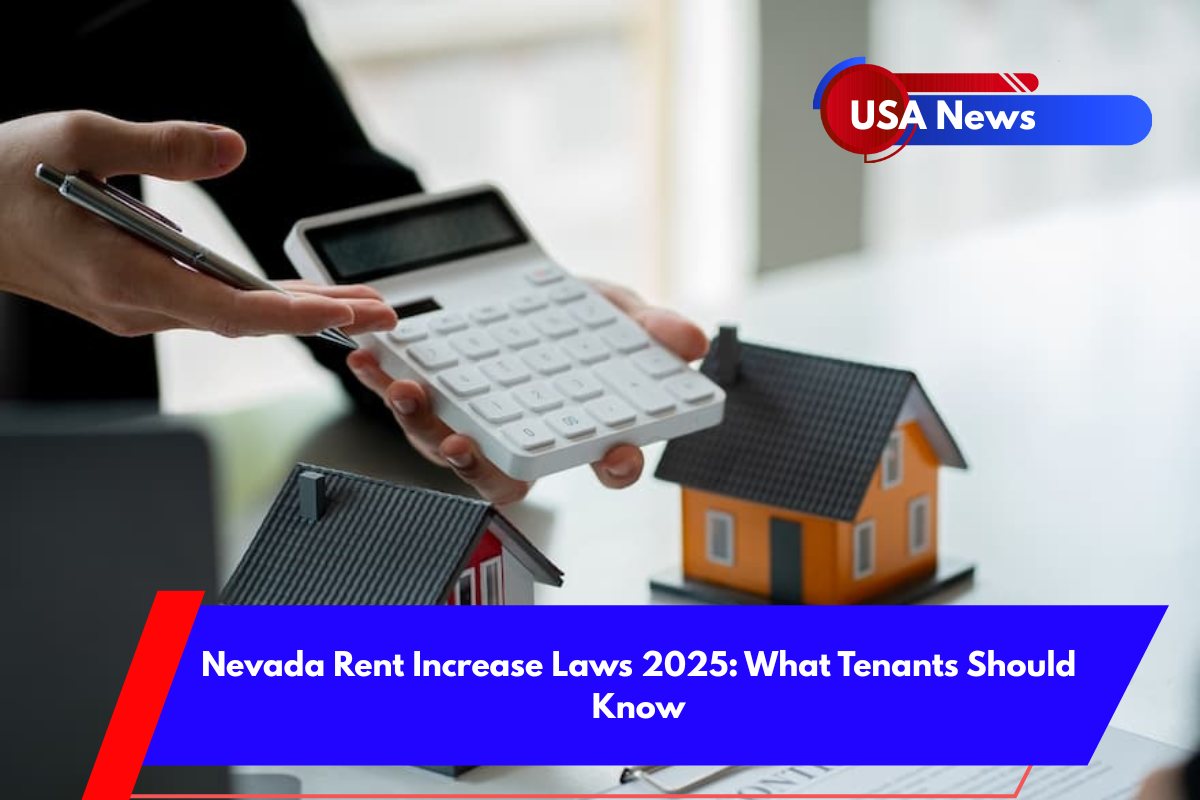In Connecticut, there is no statewide rent control law that limits how much landlords can increase rent for most tenants. Instead, landlords generally set rent prices based on market conditions. However, certain local regulations and laws provide protections for tenants, particularly when it comes to excessive rent increases, mobile home parks, and new property ownership changes.
No Statewide Rent Cap (Except in Special Cases)
Connecticut does not impose a statewide rent cap, meaning landlords can generally raise rent according to market demand and conditions. However, tenants do have rights and protections regarding how and when rent increases can occur.
Notice Requirement: For tenants on month-to-month leases, landlords must give at least 45 days’ written notice before increasing rent. For tenants with longer leases, the lease terms will typically specify when and how rent increases can occur.
No Retaliation: A landlord cannot increase rent as retaliation for a tenant exercising their legal rights, such as filing complaints about unsafe or unsanitary living conditions.
Local Protections: Fair Rent Commissions
In some towns and cities, Fair Rent Commissions exist to help protect tenants from unreasonable rent hikes. These commissions can:
Investigate complaints about excessive rent increases, particularly for vulnerable groups such as elderly, disabled, and low-income tenants.
If a commission finds that a rent increase is “harsh” or “excessive”, it can order the landlord to reduce or phase in the increase. While there is no fixed cap, proposals have suggested that increases over 10% should be considered excessive unless justified by substantial property improvements.
2025 Legislation and Future Developments
As of 2025, there is a push to establish Fair Rent Commissions in all Connecticut towns by 2028, expanding tenant protections statewide and making it easier for tenants to challenge excessive rent increases.
Special Rules for New Ownership and Mobile Home Parks
New Ownership (H.B. 6892):
A new law limits rent increases to no more than 10% within the first 12 months after a property changes ownership. This measure aims to protect tenants from sudden, large rent hikes when ownership changes hands.
Mobile Home Parks:
Owners must provide written notice before raising rent for residents of mobile home parks. Additionally, residents have the right to dispute rent increases through mediation and, if necessary, in court.
Tenant Rights and Protections
Right to a Habitable Home:
Landlords must ensure rental units are safe, sanitary, and habitable.
Right to Privacy:
Landlords cannot enter a tenant’s home without proper notice, except in emergency situations.
Protection from Discrimination:
It is illegal for landlords to raise rent or evict tenants based on protected characteristics such as race, age, disability, or other factors.
Eviction Protections:
Tenants are entitled to proper notice before eviction. New laws provide additional protections for older adults and those with disabilities.
What to Do If You Face a Rent Increase
Document Everything:
Keep copies of all communications and notices related to rent increases.
File a Complaint:
If you believe your rent increase is excessive, retaliatory, or discriminatory, contact your local Fair Rent Commission (if available) or seek legal aid.
Seek Mediation:
For mobile home parks or towns with Fair Rent Commissions, dispute resolution processes are available.
Sources:
1. https://www.leaserunner.com/laws/connecticut-rent-laws
2. https://www.youtube.com/watch?v=KJOJRRam24w
3. https://www.steadily.com/blog/tenant-rights-in-connecticut
4. https://www.hemlane.com/resources/connecticut-rent-control-laws/
5. https://www.easthartfordct.gov/fair-rent-commission













